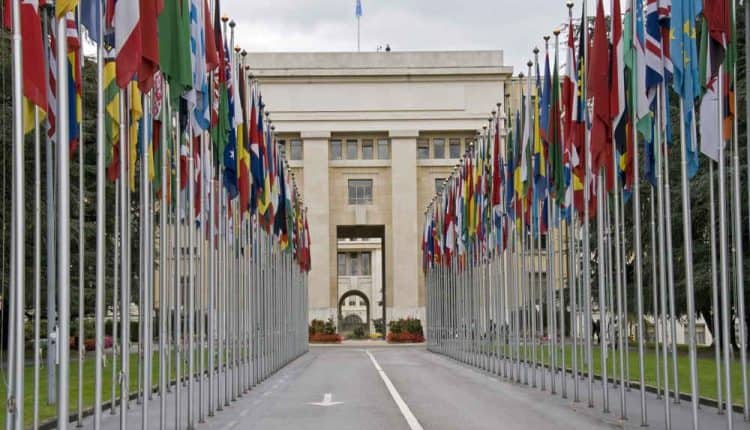A Conversation with Belize’s Foreign Minister
In this week’s “Ask the Ambassador,” I get to ask the questions instead of answer them. I had an opportunity to sit down with Belize’s Foreign Minister, Wilfred Elrington, at the Live and Invest in Belize Conference on January 18th to discuss the current border dispute between Belize and Guatemala.
The dispute stems from a treaty entered into between the UK and Guatemala in 1859 to stop the westward expansion of British loggers. At that time, Belize was called British Honduras.
One clause in the treaty obligated the British to build a road from Guatemala through a narrow strip of land to the Caribbean Sea, providing access to the Guatemalans. The treaty was entered into and the western and southern borders with Guatemala were fixed, yet the road was never built.
In the face of a weakened Great Britain during World War ll, Guatemala repudiated the 1859 treaty, claiming that because the road had never been built, the border issue was unresolved. Some went as far as to claim that because the terms of the treaty had not been honored, Guatemala had the right to reclaim the entire territory of Belize going back to the original land grant from the Pope to Spain. Indeed, some Guatemalan maps of the region still today show Belize as an individual “state” inside Guatemala, rather than an independent country. Of course, the British rejected any such claims by Guatemala, taking the position that the territory of British Honduras had never been colonized or possessed by the Spanish, the Mexicans, or the Guatemalans.
Both sides tried various diplomatic maneuvers to solve the dispute throughout the years without success. When British Honduras became the free and independent country of Belize in 1981, the border dispute continued with Belize replacing The United Kingdom as the negotiating partner.
In the ensuing decades, both sides have alternately suggested submitting the dispute to the International Court of Justice, but they have never previously been willing to do so at the same time (which is a requirement by the ICJ for disputes between countries).
Now, both countries have agreed to put the ICJ submission to a referendum of the voters in what could be a historic breakthrough. The Guatemalan referendum will take place in April of this year, and the Belize referendum, while not yet fixed, will take place in early fall of this year. If both sides agree to the ICJ submission, then court proceedings will begin in 2019, in what would most likely take several years for the Court to hear and decide.
To listen to my interview with the Foreign Minister, click here.
Here is probably the most extensive ebook on Everything You Ever Wanted To Know About Eliminating Your Taxes, Protecting Your Assets And Regaining Privacy Over Your Life And Investments. It is called The Ultimate Guide To Going Offshore.
Like Our Articles?
Then make sure to check out our Bookstore... we have titles packed full of premium offshore intel. Instant Download - Print off for your private library before the government demands we take these down!






